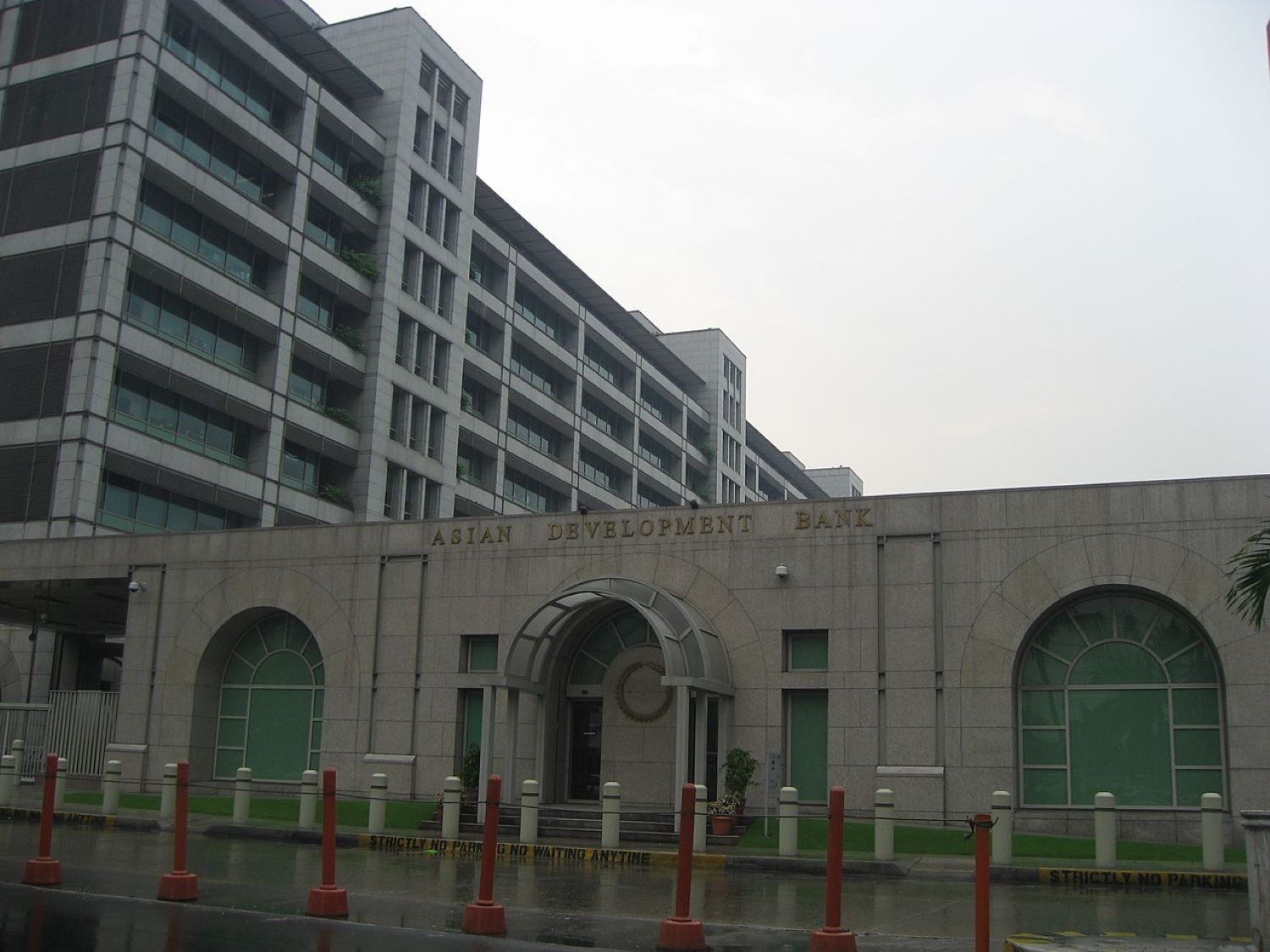MANILA, PHILIPPINES – The Asian Development Bank (ADB) approved capital management reforms that unlock US$100 billion in new funding capacity over the next decade to address the region’s overlapping crises.
The expansion of available funds will be further leveraged through mobilizing private and domestic capital to move from the billions to trillions required to tackle the climate crisis.
The reforms were introduced through an update of ADB’s Capital Adequacy Framework (CAF).
They expand the bank’s annual new commitments capacity to more than $36 billion—an increase of approximately $10 billion, or about 40 percent.
The expansion is achieved by optimizing ADB’s prudential level of capitalization while maintaining its overall risk appetite.
The reforms also create a Countercyclical Lending Buffer to support ADB developing member countries (DMCs) facing unexpected crises.
The measures, which will enable ADB to provide up to $360 billion of its own financing to its DMCs and private-sector clients over the next decade, are designed to ensure ADB maintains its AAA credit rating and its ability to provide DMCs with funding at low cost and with long maturities.
The reforms further safeguard ADB’s AAA credit rating through the introduction of a recovery plan that would prevent capital erosion during periods of financial stress.
ADB’s capital adequacy framework is reviewed every three years.
“These important reforms will significantly expand ADB’s ability to support a broad range of critical development efforts across Asia and the Pacific, including greater concessional resources for our vulnerable members,” said ADB President Masatsugu Asakawa.
“Our decision today is part of ADB’s response to the call for multilateral development banks (MDBs) to do more with our resources and faster. These resources will help the region manage a complex set of overlapping crises, address gender inequality, and provide for basic needs in the context of the existential challenge of climate change,” the ADB President said.
“This extra lending power will be extended and leveraged further by renewed efforts to mobilize private and domestic capital and maximize the impact of our work,” Asakawa added.
Private capital mobilization will play a critical role in leveraging billions to trillions, by expanding private sector involvement in the development agenda.
Upstream actions will help improve macroeconomic policy and the institutional and enabling environment for private sector investment, spurring increased domestic and foreign investment.
Midstream advisory support will help create project pipelines and prepare bankable projects that can attract private-sector investment.
Downstream financing will be structured to crowd in private capital in development projects, including de-risking for the private sector.
Upstream enablement and mid and downstream mobilization will leverage ADB’s balance sheet, multiplying the resources available for the region’s development.








